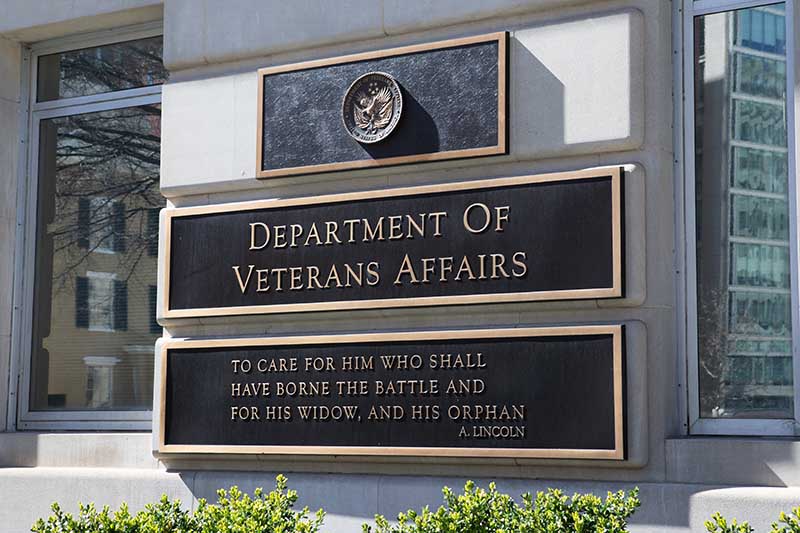
The Department of Veterans Affairs has extended the presumptive period for Gulf War veterans to receive compensation for qualifying chronic disabilities resulting from undiagnosed illnesses from the Gulf War to December 31, 2026. The decision is part of an effort to ensure that benefits are distributed to more veterans who deserve them.
Background
What is commonly known as the Persian Gulf War lasted from January 16, 1991, to February 28, 1991, and included Operation Desert Storm and Operation Desert Sabre. Although Iraq was defeated and retreated from Kuwait on February 28, 1991, no end date for the Gulf War was ever established by the President or Congress. Therefore, anyone who served on active duty from the start of the Gulf War to today in certain locations in Southwest Asia is considered a Gulf War veteran. This includes Operation Iraqi Freedom and other more contemporary operations.
Veterans who suffer from a chronic disability resulting from an undiagnosed illness that came from the Gulf War are eligible for benefits as outlined in the Persian Gulf War Veterans’ Benefits Act. Under the original deadline, veterans had to be diagnosed before December 31, 2021, to qualify for these benefits. Normally, there is no time limit for disabled veterans to receive benefits. However, for qualifying chronic disabilities that resulted from an undiagnosed illness, there is often a deadline.
Medical research on how long it takes for undiagnosed illnesses to express is inconclusive. It previously took decades for medical research to fully understand the connection between certain illnesses and exposure to Agent Orange in Vietnam. Enforcing a December 31, 2021, deadline would have been unfair to veterans whose illness expressed after this date and to future soldiers who will not serve in the Gulf War until after the deadline. To fix this problem, Veterans Affairs extended the presumptive period to December 31, 2026.
Undiagnosed Illnesses
Veterans Affairs presumes that some undiagnosed illnesses that last for more than 6 months were caused by service during the Gulf War. For a veteran’s undiagnosed illness to qualify for benefits, symptoms or illness must have appeared during service during the Gulf War Period or be disabling to a degree of 10% or more after service as determined by the Secretary and prescribed by regulation. Recent research suggests what is colloquially known as “Gulf War Syndrome” is the result of exposure to the nerve agent sarin, which was released in the air when Iraqi chemical weapons depots were destroyed. Other research suggests Gulf War Syndrome is the result of spraying pesticides on tents and gear to ward off bugs. Some symptoms of undiagnosed illnesses include:
- Abnormal Weight Loss
- Cardiovascular Disease
- Muscle and Joint Pain
- Headache
- Menstrual Disorders
- Neurological and Psychological Problems
- Skin Conditions
- Respiratory Conditions
- Sleep Disturbances
The above list is not exhaustive. If you think you might have symptoms of an undiagnosed illness that resulted from service during the Gulf War or believe you have a disability to a degree of 10% or greater sustained from service, please reach out to us today. We will get you the benefits that you deserve.
